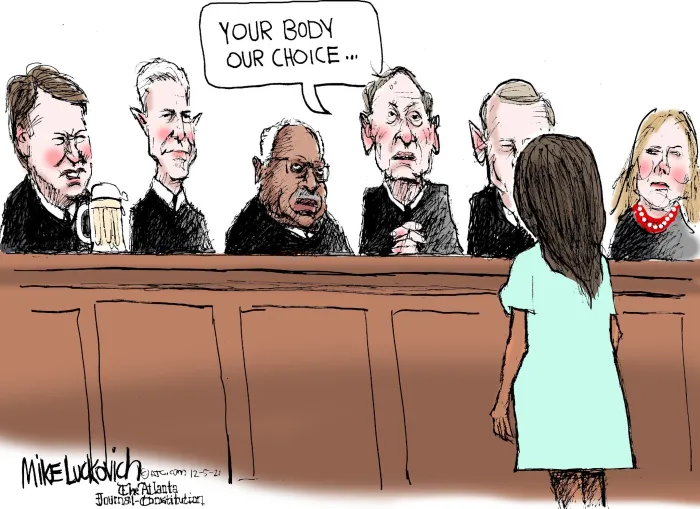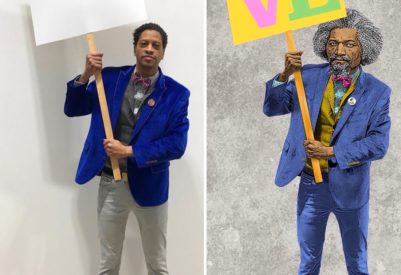
Southwest Tribune Newspaper: Rochester, NY
State lawmakers throughout our nation are looking for ways to limit, prohibit, or outright ban abortion rights laws.
The Supreme Court’s decision to overturn Roe vs. Wade, a legal case in which the U.S. Supreme Court on January 22, 1973, ruled (7–2) that unduly restrictive state regulation of abortion is unconstitutional.
However, many experts in the medical field are sounding the alarm that stricter abortion rights laws can have specific implications for African and Latino Americans due to the intersectionality of race, ethnicity, and reproductive healthcare access.
While it's important to note that experiences can vary within these communities, there are some general considerations:
1. Access to healthcare: Stricter abortion laws can disproportionately affect African and Latino Americans by limiting their access to safe and legal abortion services. These communities may already face barriers in accessing quality healthcare, including reproductive healthcare. Stricter laws can exacerbate these barriers, leading to reduced access to safe abortions, especially for individuals with limited financial resources.
2. Health disparities: African and Latino Americans already experience significant health disparities in the United States. Restrictive abortion laws can contribute to these disparities by increasing the risk of unsafe abortions. When individuals are unable to access legal abortions, they may resort to unsafe methods, which can lead to serious health complications or even death.
3. Socioeconomic factors: African and Latino Americans are more likely to face socioeconomic challenges, such as poverty and limited healthcare coverage. Stricter abortion laws can disproportionately affect these communities by limiting access to affordable reproductive healthcare services, including contraception and family planning. This can further contribute to unintended pregnancies and hinder individuals' ability to make informed decisions about their reproductive health.
4. Reproductive autonomy: Stricter abortion laws can infringe upon the reproductive autonomy of African and Latino American individuals. The ability to make decisions about one's own body, including whether to continue or terminate a pregnancy, is essential for individual autonomy and empowerment. Limiting access to safe and legal abortions can undermine the agency and reproductive rights of individuals within these communities.
5. Historical context: Historical factors, such as systemic racism and discrimination, have shaped healthcare experiences and access for African and Latino Americans. Stricter abortion laws may reflect and perpetuate these historical disparities by disproportionately impacting marginalized communities.
It's important to recognize that these points are general observations and do not capture the full complexity of experiences within African and Latino American communities. The impact of stricter abortion laws can vary based on factors such as socioeconomic status, geographic location, and individual circumstances.





